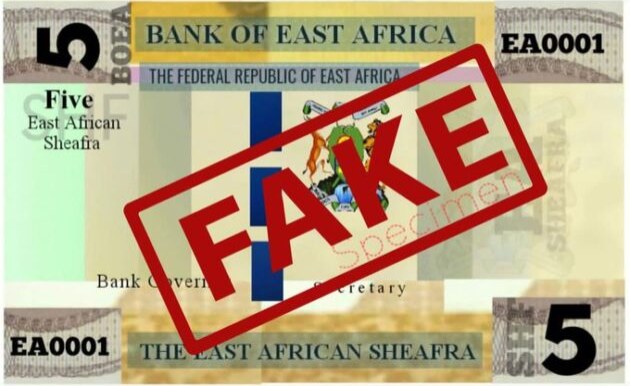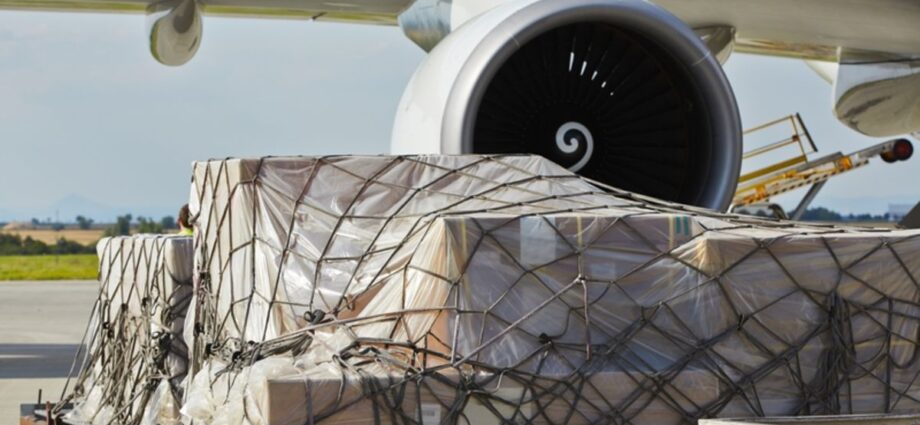On September 14, 2022, the director general of ZAA issued a directive that gave Dnata Zanzibar Aviation Services Limited an exclusive access to the newly constructed Terminal III, barring other operators.
According to the notice, Dnata shall be the exclusive provider for ground handling and management of the Marhaba Lounge Services with effect from December 1, 2022.
Far-reaching consequences
This, according to Taoa, is set to have far-reaching consequences as other operators will not be able to survive due to the low volume of business.
“This might lead to the collapse of other operators and 600 employees losing their jobs in the process,” Taoa said in a statement availed to the media on Tuesday.
The decision by ZAA, Taoa said, could draw a negative inference and could impact investor confidence in the long run.
“We are concerned about the safety of our member investment following ZAA’s non-adherence to the laws,” charged Taoa.
It added: “While the association welcomes investors, competition and Dnata as an investor, on the same token, due process must be followed without favouritism.”
The statement further said: “ZAA should not disregard local and foreign investors who have invested heavily and worked closely with the authority even when the infrastructure was poor for the past 20 years.”
The ZAA’s move is against the decision of the board of directors of the Tanzania Civil Aviation Authority (TCAA) No. 01 of 2022 which prohibits, among other things, monopoly, price caps and segregation of terminals.
“No tender floated”
Taoa understands the recruitment of Dnata was done without publication of any tender for procurement of such services.
The Association noted that the notice was in violation of applicable procurement regulations and prevailing ground handling services procedures and regulations.
Regulation 20 of the Civil Aviation (Ground Handling Services) of 2012, requires the selection procedures of ground handlers to adhere to principles of transparent, non-discrimination and international competitive tendering.
“Surprisingly, in the process of recruiting Dnata, there has not been public tendering for all stakeholders to fairly participate. The monopolistic environment is not an ideal scenario for airlines, passengers and a healthy aviation industry,” reads a part of the Taoa statement.
The statement further added: “In engaging Dnata without an open tendering process, ZAA does not only set a dangerous precedent in the aviation industry, but also makes a huge dent on the country’s efforts to attract international investors.”
It means, ZAA’s decision to award an exclusive right to Dnata goes against established international best practices in such services.
ZAA notice, according to Taoa, seems to be not only in direct contravention to the mandate it received from TCAA, but also Fair Competition Laws which discourage monopolistic practices.
“Today it is ZAA and AAKIA, tomorrow will be the Tanzania Airports Authority (TAA) with the Julius Nyerere International Airport (JNIA) and Kilimanjaro International Airport (Kia),” Taoa cautioned.
Taoa urged TCAA to intervene and direct ZAA to reconsider its directive, given the immense impact it has on the rule of law, local and international airline operators, airport ground handlers and airport users.
What others say
Renowned aviation expert Juma Fimbo advised ZAA to go back to the drawing board to address the saga.
“In the course of effecting the good intention of making Zanzibar airport the world class in terms of services, has ended up overlooking some underlined legal and procedural principles in granting airport concession,” said Mr Fimbo.
He added: “The government has erred, what is needed is damage control by reconsidering its decision.”
Mr Jimray Nangawe, an aviation expert said monopoly in business should not be entertained.
However, he challenged the current operators to find a way of joining forces to become strong enough to offer services in other airports.
Mr John Chambo, an aviation expert said: “If we are not to damage the reputation of the aviation sector, the set procedures should be adhered to.”
Adding: “If procedures were violated for the good of the flying public, relative authorities should explain about that.”
Efforts to get comments from ZAA and TCAA proved futile.
Share this news
This Years Most Read News Stories

East African Community Bloc Dismisses Fake Common Currency
The secretariat of the East African Community (EAC) regional bloc has dismissed a post on X, formerly Twitter, which claimed that the bloc’s member countries have launched a common regional currency.Continue Reading

Villagers on Pemba Island lack clean sanitized water
Eight villages on Pemba Island have lacked clean and safe water service while complaining to the Zanzibar Water Authority for failing to solve the water problem in their villages.Continue Reading
John Okello: From Zanzibar revolution icon to street beggar
In the final episode, we look at Okello’s ban in Tanganyika, rejection in Kenya tragic end in Uganda.Continue Reading











